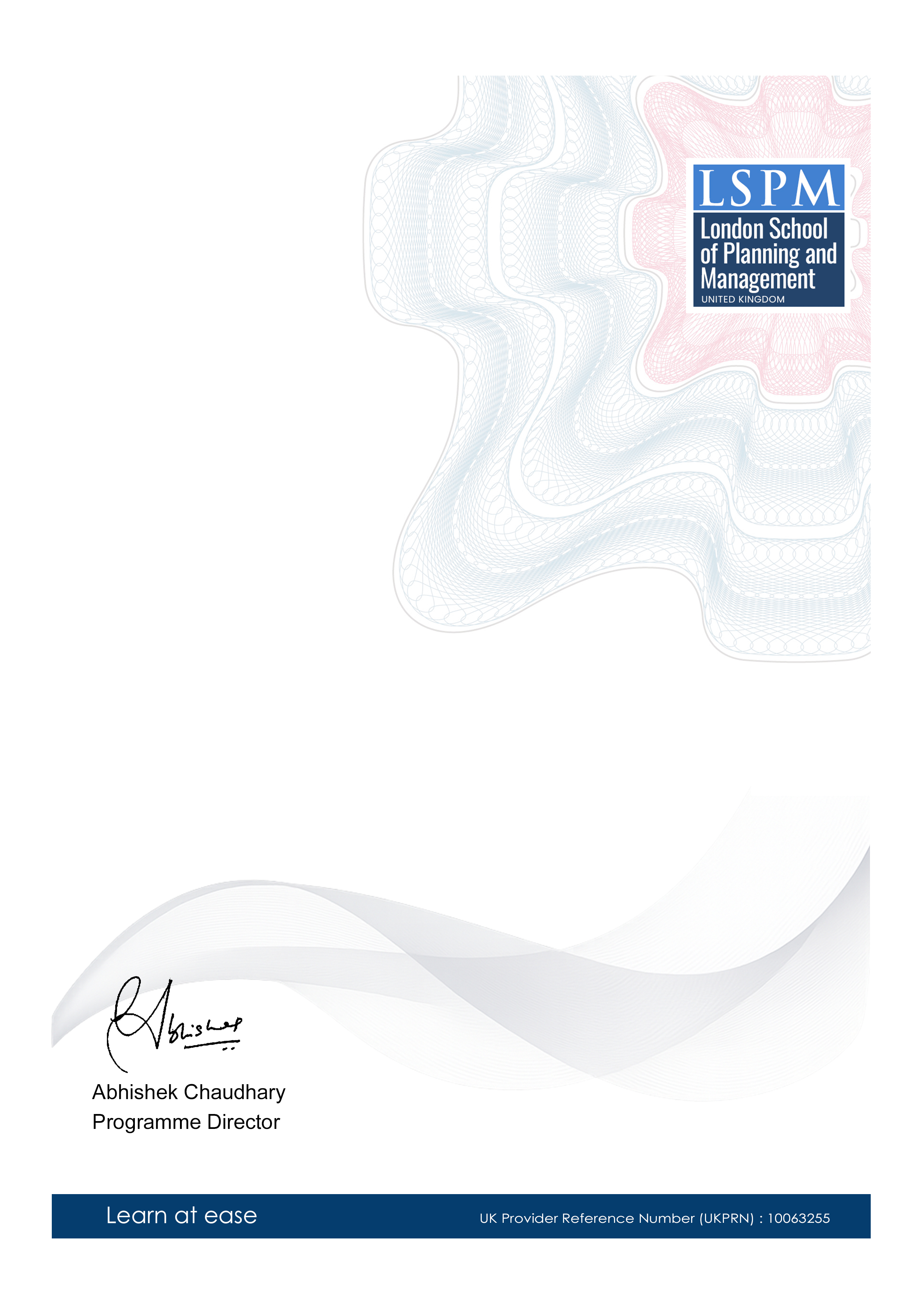Career Advancement Programme in Experimental Design Techniques
-- viewing nowThe Career Advancement Programme in Experimental Design Techniques certificate course is a comprehensive program designed to enhance your skills in experimental design and analysis. This course is crucial in today's data-driven world, where the ability to design and interpret experiments is a highly sought-after skill in various industries.
7,390+
Students enrolled
GBP £ 149
GBP £ 215
Save 44% with our special offer
About this course
100% online
Learn from anywhere
Shareable certificate
Add to your LinkedIn profile
2 months to complete
at 2-3 hours a week
Start anytime
No waiting period
Course details
• Experimental Design Basics: Introduction to experimental design, types of experiments, and basic principles.
• Sampling Techniques: Probability and non-probability sampling, sample size determination, and data collection methods.
• Data Analysis: Descriptive and inferential statistics, data interpretation, and hypothesis testing.
• Experimental Design Methods: Completely Randomized Design (CRD), Randomized Block Design (RBD), and Factorial Design.
• Analysis of Variance (ANOVA): One-way and two-way ANOVA, assumptions, and interpretation of results.
• Regression Analysis: Simple and multiple linear regression, model selection, and diagnostics.
• Experimental Design in Quality Control: Statistical process control, quality improvement, and design of experiments in quality control.
• Computational Tools: Using statistical software for experimental design and data analysis.
• Case Studies: Real-world examples and applications of experimental design techniques.
Career path
Entry requirements
- Basic understanding of the subject matter
- Proficiency in English language
- Computer and internet access
- Basic computer skills
- Dedication to complete the course
No prior formal qualifications required. Course designed for accessibility.
Course status
This course provides practical knowledge and skills for professional development. It is:
- Not accredited by a recognized body
- Not regulated by an authorized institution
- Complementary to formal qualifications
You'll receive a certificate of completion upon successfully finishing the course.
Why people choose us for their career
Loading reviews...
Frequently Asked Questions
Course fee
- 3-4 hours per week
- Early certificate delivery
- Open enrollment - start anytime
- 2-3 hours per week
- Regular certificate delivery
- Open enrollment - start anytime
- Full course access
- Digital certificate
- Course materials
Get course information
Earn a career certificate

